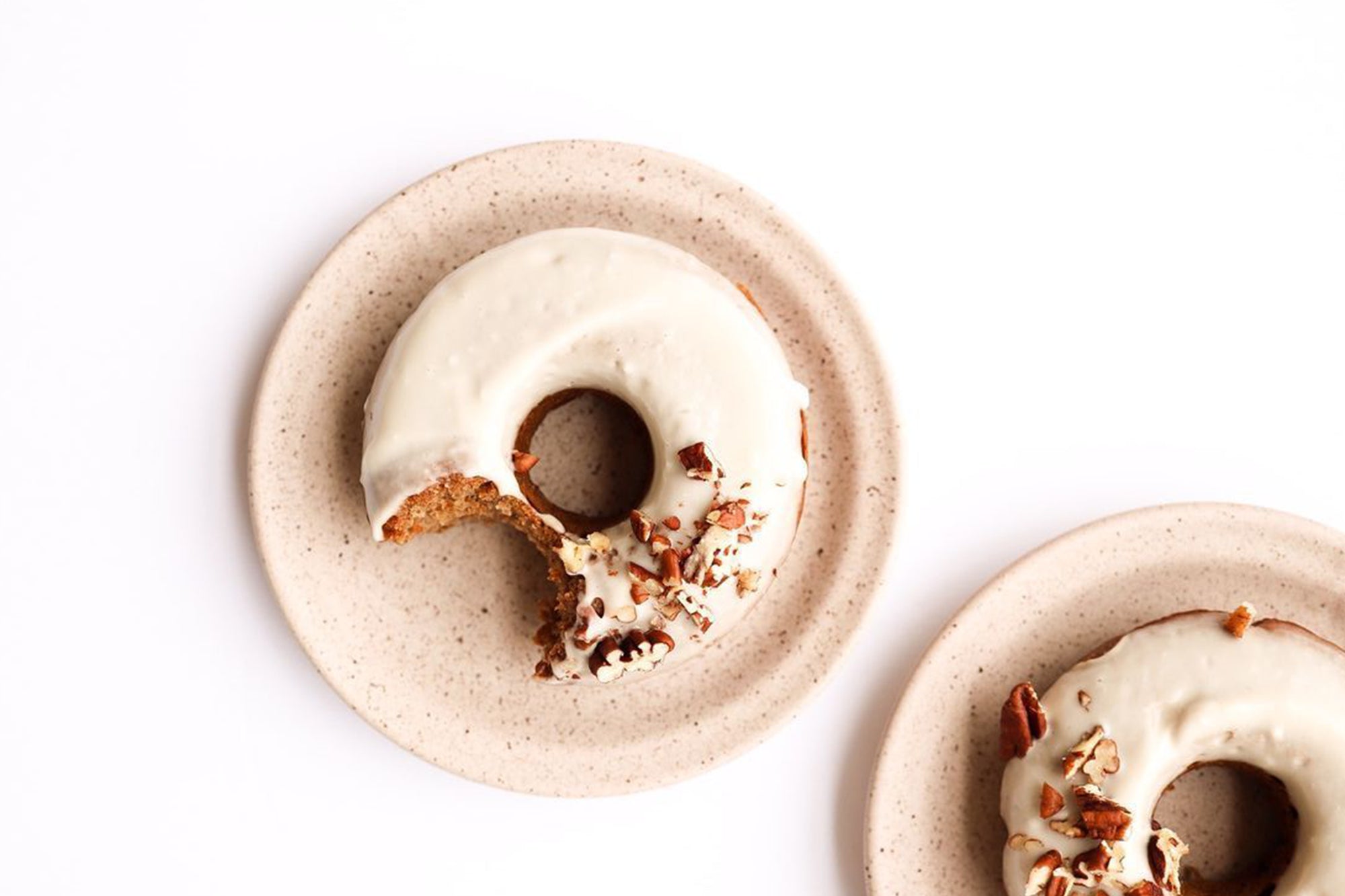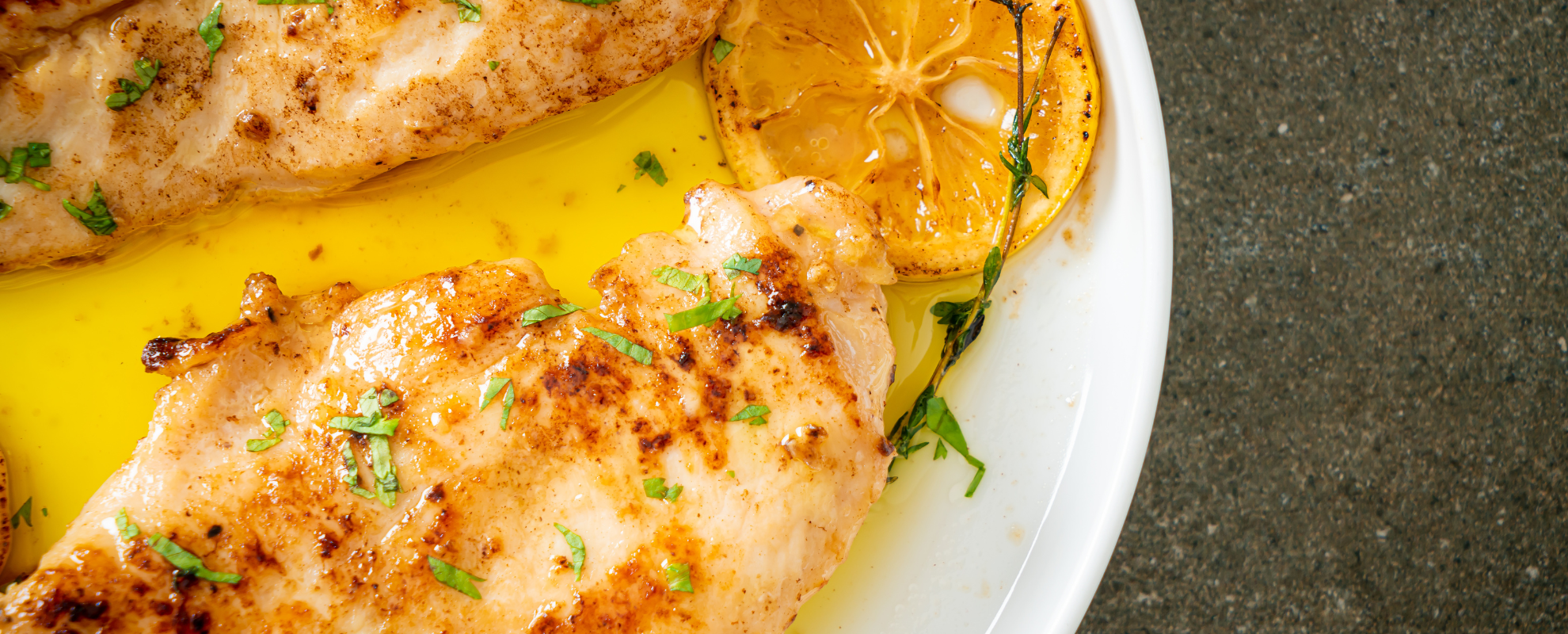Are you an Emotional Eater? Do you find yourself heading towards the fridge when you are feeling down or upset? Finding comfort in food is common and it’s what’s referred to as Emotional Eating.
People who are “emotional eaters” usually reach for food several times a week to suppress negative feelings. Certain emotions can trigger their desire to find comfort in food and they usually feel guilt afterwards. This in turn leads to a cycle of excess eating and in some instances, weight gain.
What causes Emotional Eating?
Many triggers can cause someone to find comfort in foods. This can be work stress, financial worry, health matters or relationship problems. All can lead to one being an emotional eater.
How to stop the emotional eating cycle
While heading for the pantry may work in the moment as eating due to negative emotions often leaves people feeling worst off than before. This cycle typically continues until the needs are addressed head on.
Finding ways to cope with stress
It takes time to shift your mindset away from emotional eating to other activities that engage your mind and help relieve stress. You just need to find the right one that suits you.
Here are some suggestions:
- Relax by writing a journal, reading a book or listening to a podcast;
- Get active – participate in regular physical activity such as a walk or jog around the park or an at home yoga routine which is beneficial for emotional wellbeing.
- Meditation – there are a variety of studies which show the support of mindfulness mediation being a known treatment for binge eating disorders or emotional eating.
- Start a food diary – when you actually see in writing what you eat and when you eat it may help you identify the triggers that lead to emotional eating.
- Nutritionally balanced diet – make sure you are getting enough nutritents to fuel your body. Replace unhealthy snacks or treats with healthy ones such as fresh fruit, vegetables, smoothie bowls, nuts and seeds.
Out of sight, out of mind
Clear out that pantry and fridge! Trash or donate foods that are in your cupboard that you often reach for in moments of weakness. Anything that is pre-packaged such as biscuits, cakes, pastries, chips should all be removed so they aren’t a temptation. Avoid trips to the supermarket when you’re feeling stressed or upset.
By having these foods unavailable, it may help break the cycle and make you mindful and give you time to think about it first.
Practice Mindful Eating
Instead of grabbing a whole bag of chips or tub of your favourite ice cream to help you through a stressful time, measure out smaller portions into a small bowl or plate.
Be in the moment
Rather than sitting down and eating in front of the television or scrolling through social media on your phone, switch everything off and be in the moment of eating. Chew your food 10-30 times before swallowing a bite. Ask yourself are you hungry or bored? Find your trigger and write it down in your journal.
Call a friend
Resist moments of sadness or anxiety. A quick call to a friend or family member can do wonders to lift your mood and take your mind off the desire to eat. There are also support groups available so if you feel you need professional support, please take the steps to seek help.
Positive self talk
Feelings of shame and guilt are generally associated with an emotional eating episode, it’s important to focus on the self talk afterwards, other wise you may find yourself in a vicious cycle.
Turn it around and instead, learn from your setback. Reward yourself with self care measures such as taking a bath, having a massage, go for a walk, practice some yoga.
Find alternative ways
Initially food may ease emotions but you need to address the feelings behind the desire to eat. Work to find other ways to deal with stress and anxiety. Practice some of the ideas we have here in our article and we are sure that with the right mindset and support, you will be more “present” in your day.


